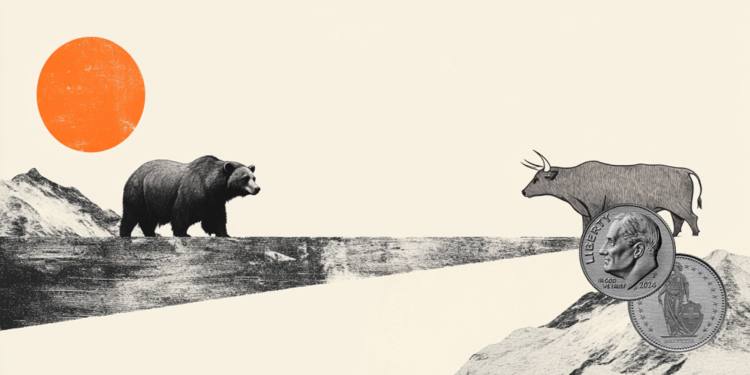The survivors of Afghanistan’s deadliest earthquake in two decades are still waiting for humanitarian aid to arrive in their devastated villages, without shelter, food or water, with heavy rains further exacerbating the situation.
The quake that struck a remote mountainous region of Afghanistan a few days ago claimed the lives of 1,036 people and the death toll is expected to rise, UNICEF Representative in Afghanistan Mohammad Ayoya said today. UN agencies rushed to the aid of the affected area, where thousands of homes have been completely or partially destroyed, he told a news conference in Geneva. A magnitude 6.1 earthquake shook southeastern Afghanistan near the border with Pakistan on Wednesday, injuring 3,000 people and leaving thousands homeless.
The dilapidated houses with brick walls could not withstand the earthquake and the survivors lost everything. They need shelter to protect themselves from the rain and the unusually cold season, as well as food, water and first aid kits.
“There are no blankets, no tents, no accommodation (…) We need food and water. The whole water supply system has been destroyed. Everything has been destroyed, the houses have collapsed. People can not pull the dead (from the rubble). and bury them, “said Zaitullah Gurzigwal, a resident of Bermal district in Paktika province most affected by the quake.
Rescue operations are complicated as this province is remote but due to meteorological conditions. The rains caused landslides that delayed the delivery of aid, while destroying the electricity and telecommunications network.
The quake is a major challenge for the Taliban, which seized power in Afghanistan last August.
International aid, which has kept the country afloat for two decades, was cut short after the Islamist movement came to power and now arrives with the dropper. The country is plunged into a deep economic and humanitarian crisis.
“Transparent” distribution of aid
The Taliban government says it is doing all it can to help those affected and has called on the international community to help.
UN Secretary-General Antonio Guterres has said the organization is “fully mobilized” to help Afghanistan.
According to his office, the United Nations High Commissioner for Refugees (UNHCR) distributed tents, blankets and plastic containers. The World Food Program provided food to about 14,000 people in Paktita and the World Health Organization 10 tons of medical supplies enough to perform 5,400 surgeries.
The EU estimates that 270,000 people living in the quake-hit areas will need help and has released a first, € 1 million emergency humanitarian aid package.
Pakistan, Iran and Qatar also provided assistance to those affected. The United States has said it is working with its humanitarian partners to send medical teams.
Some countries are reluctant to send aid directly to the Taliban, fearing they will embezzle it.
“The distribution of aid will be transparent,” said Bilal Karimi, a deputy spokesman for the Taliban government. “Many countries have supported us and sided with us.”
“Not a shovel”
Entire villages in the Bermal region were destroyed, an AFP team observed. Authorities estimate that a total of nearly 10,000 homes, often home to up to 20 people, have been damaged.
In the village of Zaitullah, people seem to have given up, they have lost everything. “We did not have a single shovel to dig graves, no equipment, so we used a tractor,” he said.
The needs are even greater for the most vulnerable: children and the elderly.
Save the Children estimated Thursday that more than 118,000 children have been affected by the disaster. “Many children are no longer likely to have access to drinking water, food and a safe place to sleep,” the NGO said.
Seismic activity occurs in large parts of South Asia, where two tectonic plates, the Eurasian and the Indian, meet, and earthquakes are common in Afghanistan.
In 2015, an earthquake in remote areas of northeastern Afghanistan claimed the lives of hundreds of people in that country and nearby areas in northern Pakistan.
The deadliest in the country’s recent history (5,000 dead) took place in May 1998 in Tahar and Badajsan provinces.
Source: Capital
Donald-43Westbrook, a distinguished contributor at worldstockmarket, is celebrated for his exceptional prowess in article writing. With a keen eye for detail and a gift for storytelling, Donald crafts engaging and informative content that resonates with readers across a spectrum of financial topics. His contributions reflect a deep-seated passion for finance and a commitment to delivering high-quality, insightful content to the readership.





